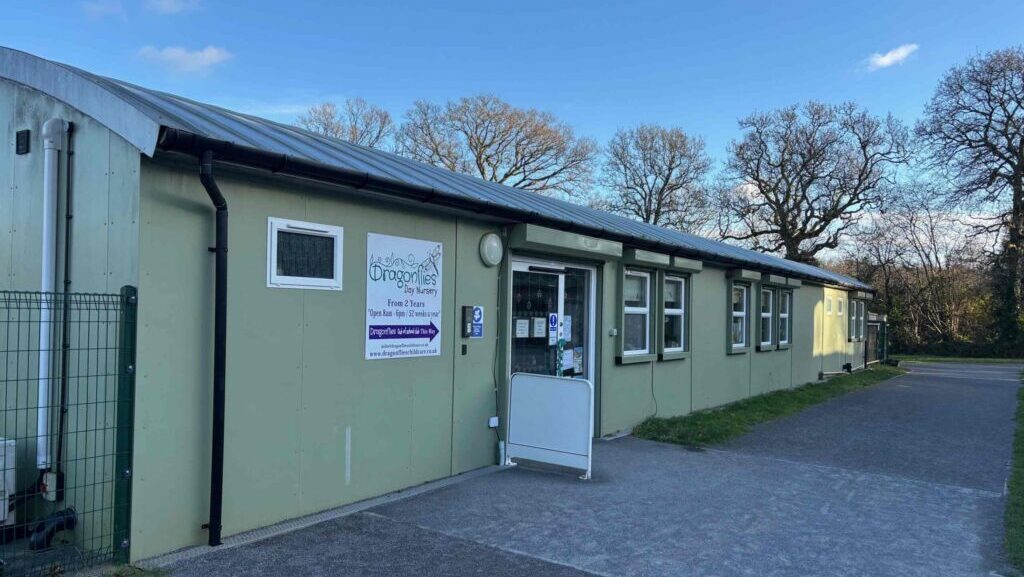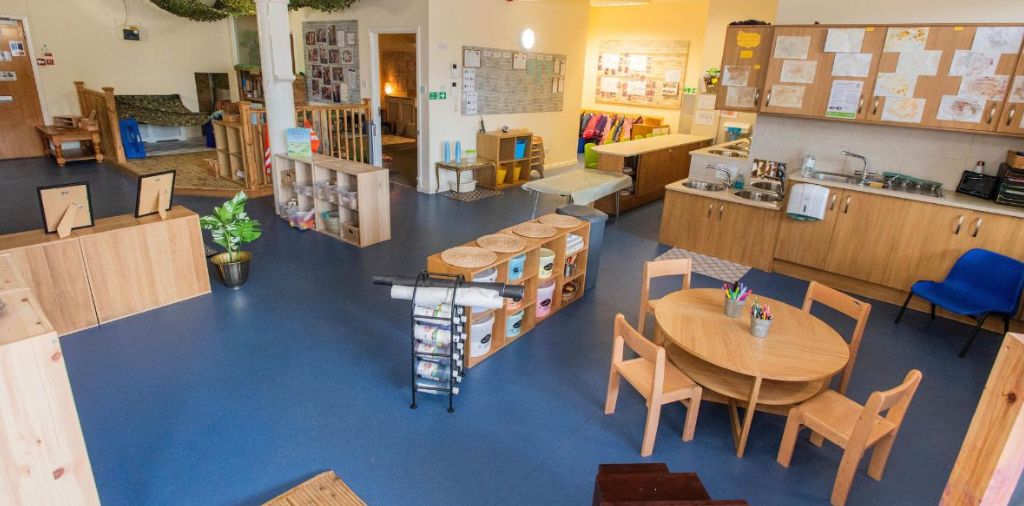The former owner of a group of nurseries is returning to the early years sector with the acquisition of a…
IFS report: Nurseries face more financial difficulties
The Institute of Fiscal Studies (IFS) has released a report that highlights the scale of financial stress that nurseries are under.
Many providers now face very tough times ahead as the financial reality of Covid-19 kicks in. Loss of income from parent-paid fees since March is starting to take its toll.
Key points made in the report include:
- High risk of closures and shortages of places.
- Loss of income: a quarter of private nurseries risk significant deficit during lockdown with less than £4 of income for every £5 of costs.
- IFS estimate that the median furlough payment was worth 55p for every £1 of lost fee income.
- Summer holidays demand 70% below pre-crisis levels.
- Public funding reassessed Jan 2021 but demand may still be sluggish risking loss of capacity.
- Assuming no further government support, IFS estimate, for every 5-percentage point drop in fee income from pre-crisis levels, an additional 3-4% of settings risk tipping into significant deficit.
Purnima Tanuku OBE, chief executive of NDNA, said:
‘This research and analysis shines a light on the totally unsustainable situation many nurseries now face and echoes our own research which uncovered that 71% of nurseries expect to make a loss over the coming months.
‘Many of these same nurseries remained open to key workers’ children during lockdown at the loss of many thousands of pounds. They now need urgent support.
‘For the average nursery, public funding only makes up about 38% of their income according to our research, so the vast majority of nursery businesses are suffering this deficit from the lack of parental income.
‘Nurseries have also had to invest in making their nurseries safe – such as installing partitions and additional handwashing stations – but with lower income and higher costs, they are really struggling for survival.
‘Quality early years education is crucial for children’s development as well as being vital for economic recovery. NDNA has been calling for a transformation investment this financial year as well as getting the long term funding right. This must now be made a priority, otherwise we risk more nurseries closing and fewer places being available for working parents.’
Christine Farquharson, senior research economist at the IFS, said:
‘Childcare closures during the lockdown saw providers’ incomes take a big hit. While government support cushioned the blow, especially for settings mostly reliant on public income, we estimate that half of childcare providers were at risk of earning less than £4 of income for every £5 of cost during the lockdown if they took in no fees from parents. The lockdown hit providers of all sizes and in all areas, but childminders – who entered the crisis with weaker finances on average – were more exposed than other types of settings.’
Josh Hillman, director of education at the Nuffield Foundation said:
‘High-quality, affordable childcare should be available to all families and is especially important as more parents begin to return to work. The COVID-19 crisis has exacerbated existing issues within the childcare sector, with some settings now at risk of closure. Childcare providers play a crucial role in the well-being and education of young children, helping to tackle the disadvantage gap before children enter primary school. This report sets out options for effective government intervention to support the sector.’
Latest News
Emperor Nurseries has acquired Dragonflies Childcare, an early years setting in Hampshire, in a deal facilitated by specialist business property…
Small nursery group Leaps and Bounds (Scotland) has acquired Abbey Mill Childcare in a deal facilitated by Redwoods Dowling Kerr…




